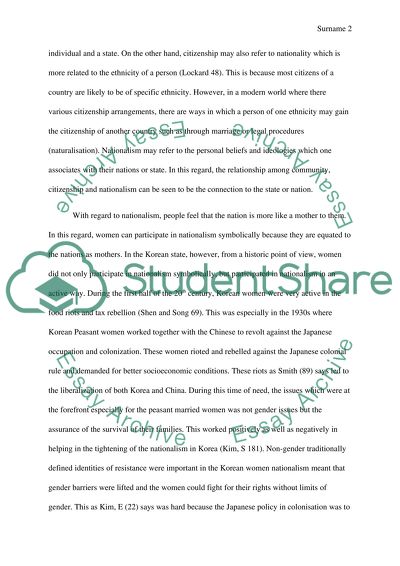Cite this document
(“Women in History: Korean Struggle for Independence Essay”, n.d.)
Retrieved from https://studentshare.org/history/1487087-women-in-history-korean-struggle-for-independence
Retrieved from https://studentshare.org/history/1487087-women-in-history-korean-struggle-for-independence
(Women in History: Korean Struggle for Independence Essay)
https://studentshare.org/history/1487087-women-in-history-korean-struggle-for-independence.
https://studentshare.org/history/1487087-women-in-history-korean-struggle-for-independence.
“Women in History: Korean Struggle for Independence Essay”, n.d. https://studentshare.org/history/1487087-women-in-history-korean-struggle-for-independence.


